Navigating the Landscape of Venezuela: A Comprehensive Guide to Its Cities
Related Articles: Navigating the Landscape of Venezuela: A Comprehensive Guide to Its Cities
Introduction
In this auspicious occasion, we are delighted to delve into the intriguing topic related to Navigating the Landscape of Venezuela: A Comprehensive Guide to Its Cities. Let’s weave interesting information and offer fresh perspectives to the readers.
Table of Content
Navigating the Landscape of Venezuela: A Comprehensive Guide to Its Cities
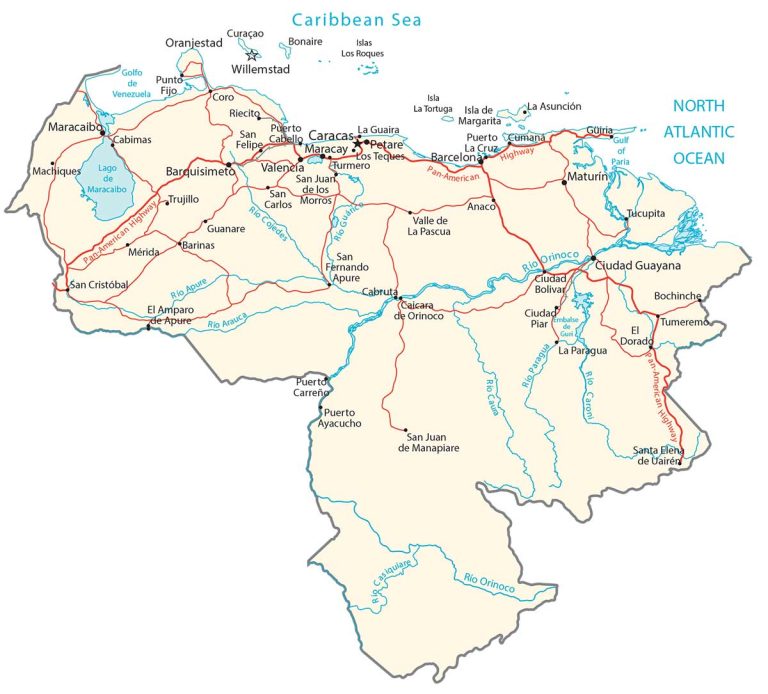
Venezuela, a country blessed with breathtaking natural beauty and a vibrant culture, is home to a diverse array of cities, each with its unique character and charm. Understanding the geographic distribution of these urban centers is crucial for appreciating the country’s complexity and appreciating the interplay between its people, environment, and history. This comprehensive guide will explore the Venezuelan urban landscape, delving into the major cities and their significance, offering insights into the country’s urban development and providing a roadmap for navigating this fascinating nation.
A Tapestry of Urban Centers: Exploring Venezuela’s Cities
Venezuela’s cities are a reflection of the country’s rich history, diverse landscapes, and dynamic economic forces. The country’s urban tapestry is woven with threads of colonial heritage, modern development, and indigenous influence, creating a captivating mosaic of urban experiences.
Caracas: The Capital’s Dynamic Pulse
Nestled in the Avila Mountain range, Caracas, the capital city, is a vibrant metropolis pulsating with energy. It serves as the country’s political, economic, and cultural hub, attracting a diverse population drawn to its opportunities. Caracas is a city of contrasts, showcasing modern skyscrapers juxtaposed with colonial architecture, bustling markets alongside serene parks, and a vibrant nightlife scene interwoven with a rich cultural heritage.
Maracaibo: The Gateway to the Lake
Situated on the shores of Lake Maracaibo, the largest lake in South America, Maracaibo is a bustling port city. Its strategic location has historically made it a vital center for trade and commerce, contributing to its dynamic economic landscape. The city is renowned for its vibrant cultural scene, boasting a thriving arts and music community.
Valencia: The Industrial Heart of Venezuela
Valencia, located in the fertile Carabobo Valley, is a major industrial center, known for its manufacturing and agricultural industries. Its strategic location in the heart of the country has fostered economic growth and contributed to its development as a thriving urban center. Valencia also boasts a rich history, evident in its well-preserved colonial architecture and vibrant cultural heritage.
Barquisimeto: The Cradle of Venezuelan Culture
Located in the western region of the country, Barquisimeto is a city steeped in history and cultural significance. Its colonial past is evident in its well-preserved historic center, while its modern urban landscape reflects its growth as a commercial and industrial hub. Known for its vibrant music scene and its traditional festivals, Barquisimeto embodies the spirit of Venezuelan culture.
Puerto La Cruz: The Gateway to the Caribbean
Nestled on the eastern coast of Venezuela, Puerto La Cruz is a coastal city renowned for its beautiful beaches and vibrant nightlife. Its proximity to the Caribbean Sea makes it a popular tourist destination, attracting visitors seeking relaxation and adventure. The city also serves as a major port, playing a vital role in Venezuela’s maritime trade.
San Cristobal: The City of the Andes
Located in the Andean region of Venezuela, San Cristobal is a city surrounded by breathtaking mountain scenery. Its proximity to the Colombian border has made it a center for trade and cultural exchange. Known for its cool climate and its vibrant indigenous heritage, San Cristobal offers a unique blend of Andean charm and urban dynamism.
Understanding the Importance of Venezuela’s Cities
The cities of Venezuela are not merely geographic points on a map; they are the beating heart of the nation, each contributing to the country’s economic, social, and cultural tapestry. These urban centers serve as hubs for education, healthcare, commerce, and cultural expression, fostering innovation and shaping the country’s future.
Exploring the Significance of a Venezuelan Cities Map
A Venezuelan cities map offers a valuable tool for understanding the country’s urban landscape and its intricate connections. It provides a visual representation of the geographic distribution of cities, highlighting their relative proximity and interconnectedness. This geographic perspective allows for a deeper appreciation of the country’s regional dynamics and the flow of goods, services, and people within its urban network.
Benefits of Using a Venezuelan Cities Map
- Enhanced Geographical Understanding: A Venezuelan cities map offers a comprehensive overview of the country’s urban landscape, providing a visual representation of the distribution and density of cities.
- Improved Travel Planning: By visualizing the location of cities, travelers can plan their routes effectively, optimizing travel time and maximizing their exploration of Venezuela’s diverse urban centers.
- Understanding Regional Dynamics: The map reveals the geographic relationships between cities, highlighting regional hubs and identifying potential areas for economic growth or development.
- Cultural Exploration: The map provides a framework for exploring the diverse cultural landscapes of Venezuela, showcasing the unique characteristics of each city and its contribution to the country’s cultural heritage.
FAQs about Venezuela Cities Map
Q: What is the most populous city in Venezuela?
A: Caracas is the most populous city in Venezuela, with a metropolitan population exceeding 2 million.
Q: What is the largest city in Venezuela by area?
A: Maracaibo, situated on the shores of Lake Maracaibo, is the largest city in Venezuela by area.
Q: Which city in Venezuela is known for its oil industry?
A: Maracaibo, due to its proximity to the oil-rich Lake Maracaibo, is a significant center for Venezuela’s oil industry.
Q: What are some popular tourist destinations in Venezuela?
A: Popular tourist destinations in Venezuela include Caracas, Maracaibo, Valencia, Barquisimeto, Puerto La Cruz, and San Cristobal, each offering unique attractions and experiences.
Q: How can I find a map of Venezuela’s cities online?
A: You can find maps of Venezuela’s cities on various websites, including Google Maps, OpenStreetMap, and specialized travel websites.
Tips for Using a Venezuelan Cities Map
- Consider the Scale: Choose a map with an appropriate scale for your needs, whether you require a detailed view of a specific city or a broader overview of the entire country.
- Explore Regional Variations: Pay attention to the geographic distribution of cities, noting the concentration of urban centers in certain regions and the relative sparseness in others.
- Identify Key Infrastructure: Look for markers indicating transportation networks, including roads, airports, and ports, to understand the connectivity between cities.
- Research City-Specific Information: Once you’ve identified a city of interest, use the map as a starting point to delve deeper into its specific attractions, history, and cultural significance.
Conclusion
The cities of Venezuela are a testament to the country’s rich history, vibrant culture, and dynamic economic landscape. Understanding the geographic distribution of these urban centers provides a valuable framework for appreciating the country’s complexity and navigating its diverse urban tapestry. By utilizing a Venezuelan cities map, travelers, researchers, and anyone interested in the country can gain a deeper understanding of its urban landscape and its crucial role in shaping the nation’s future.
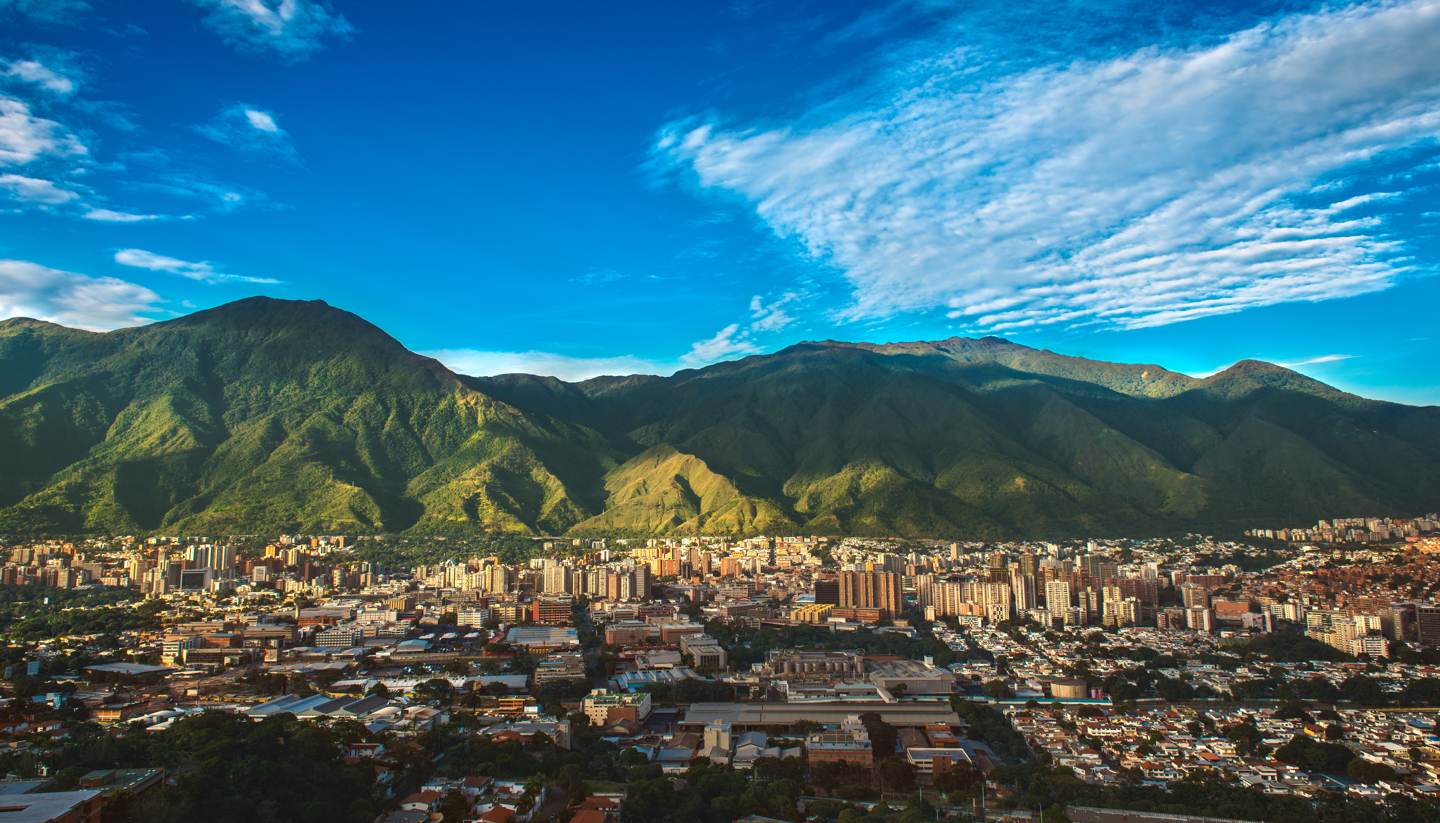
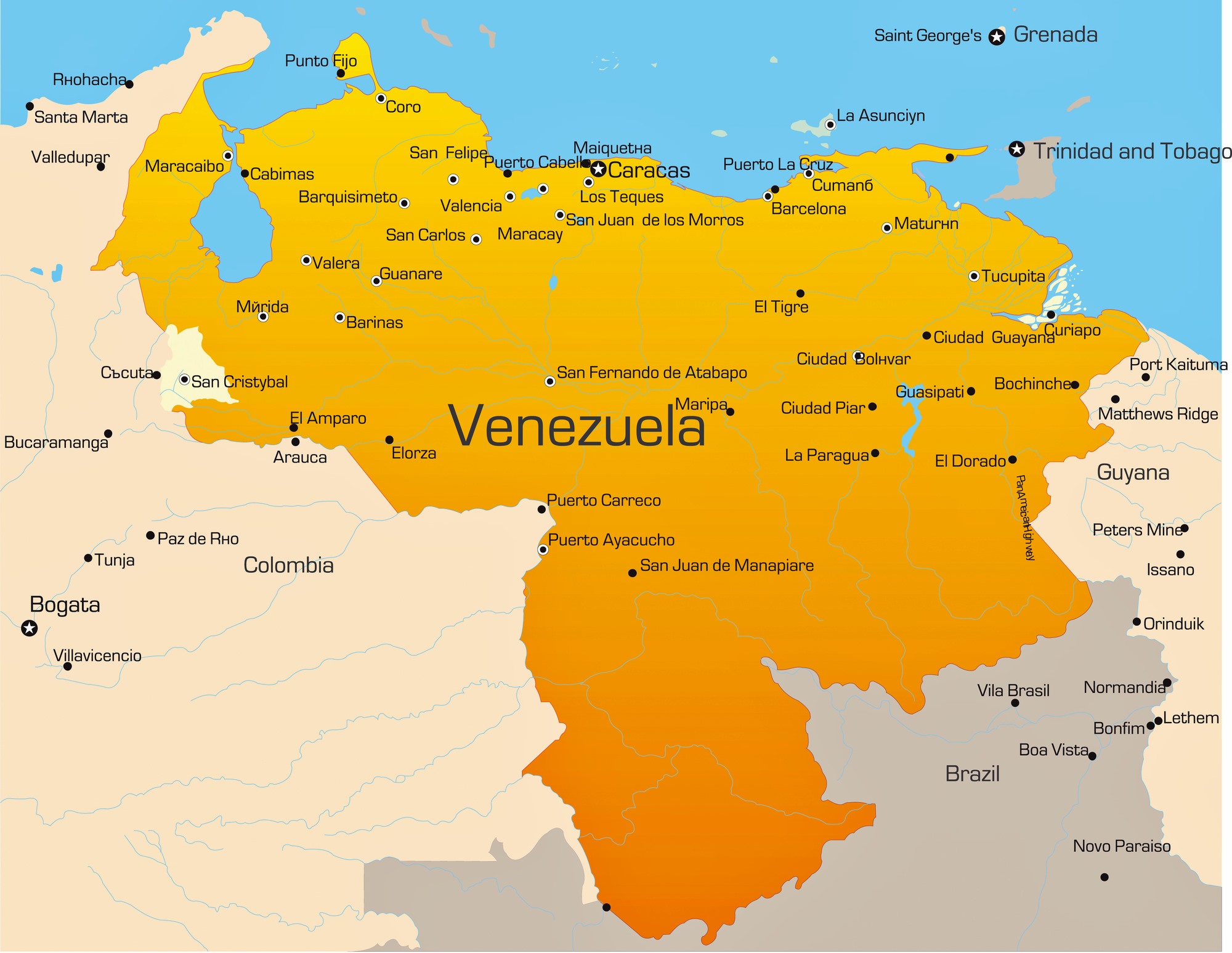
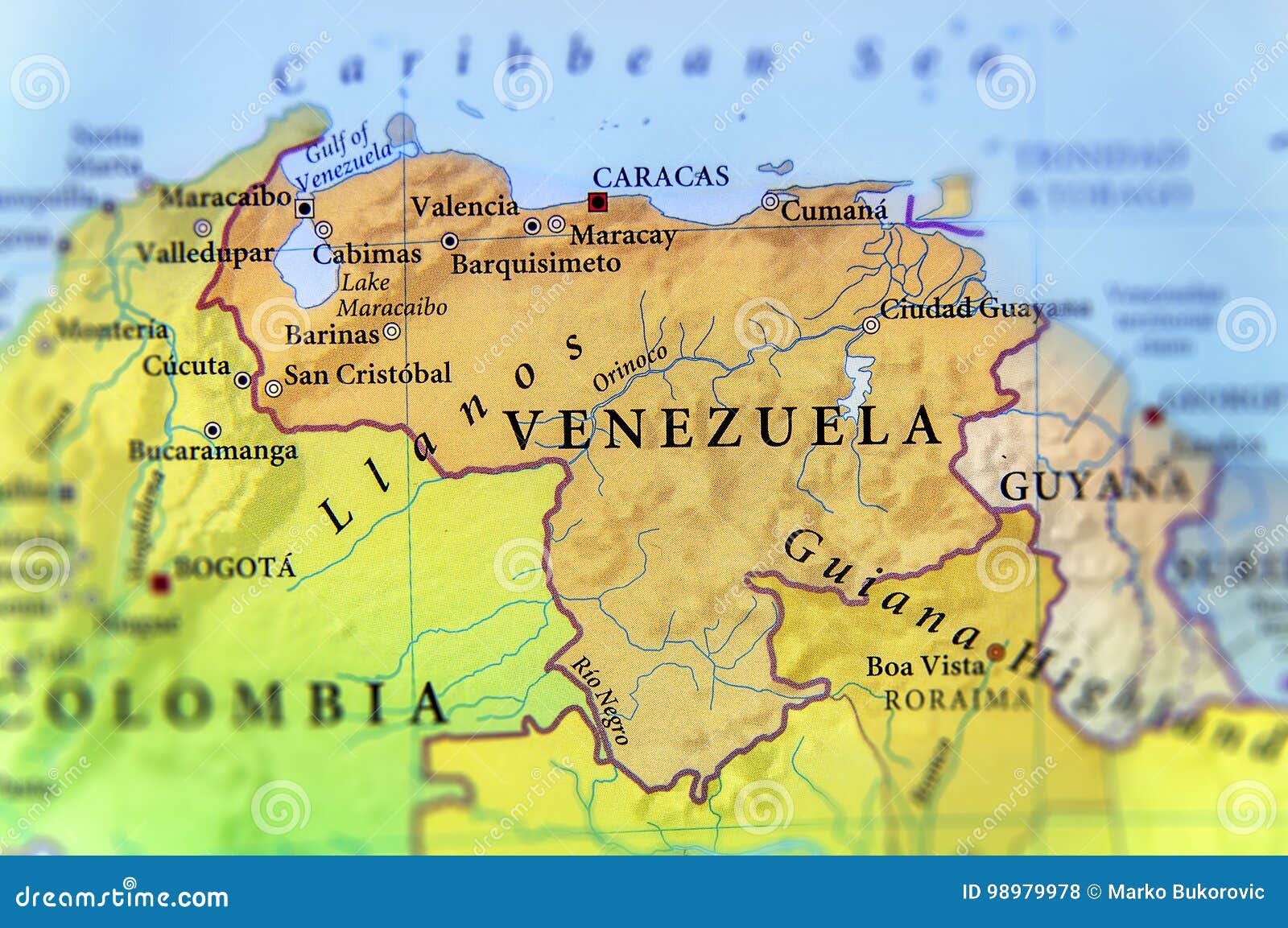
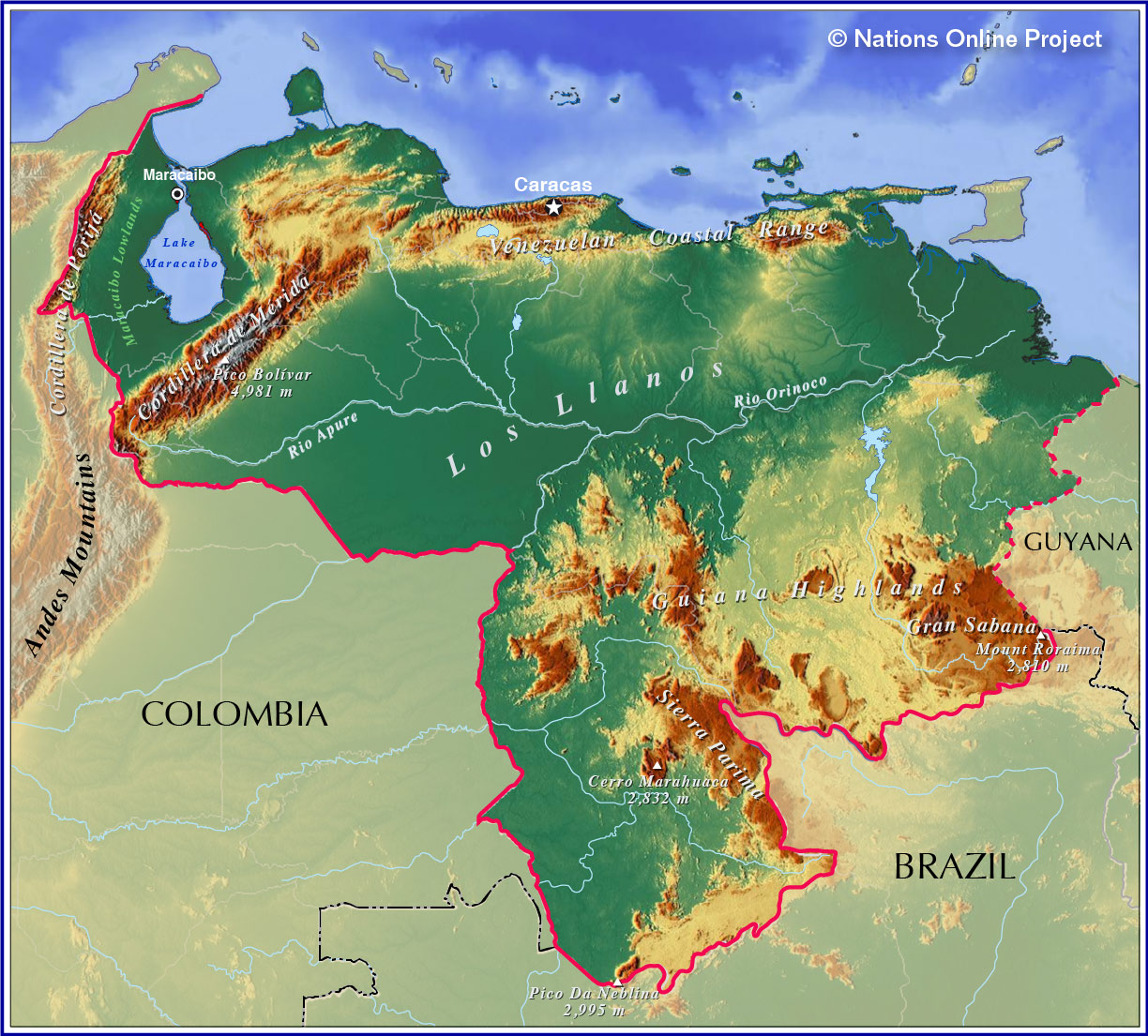

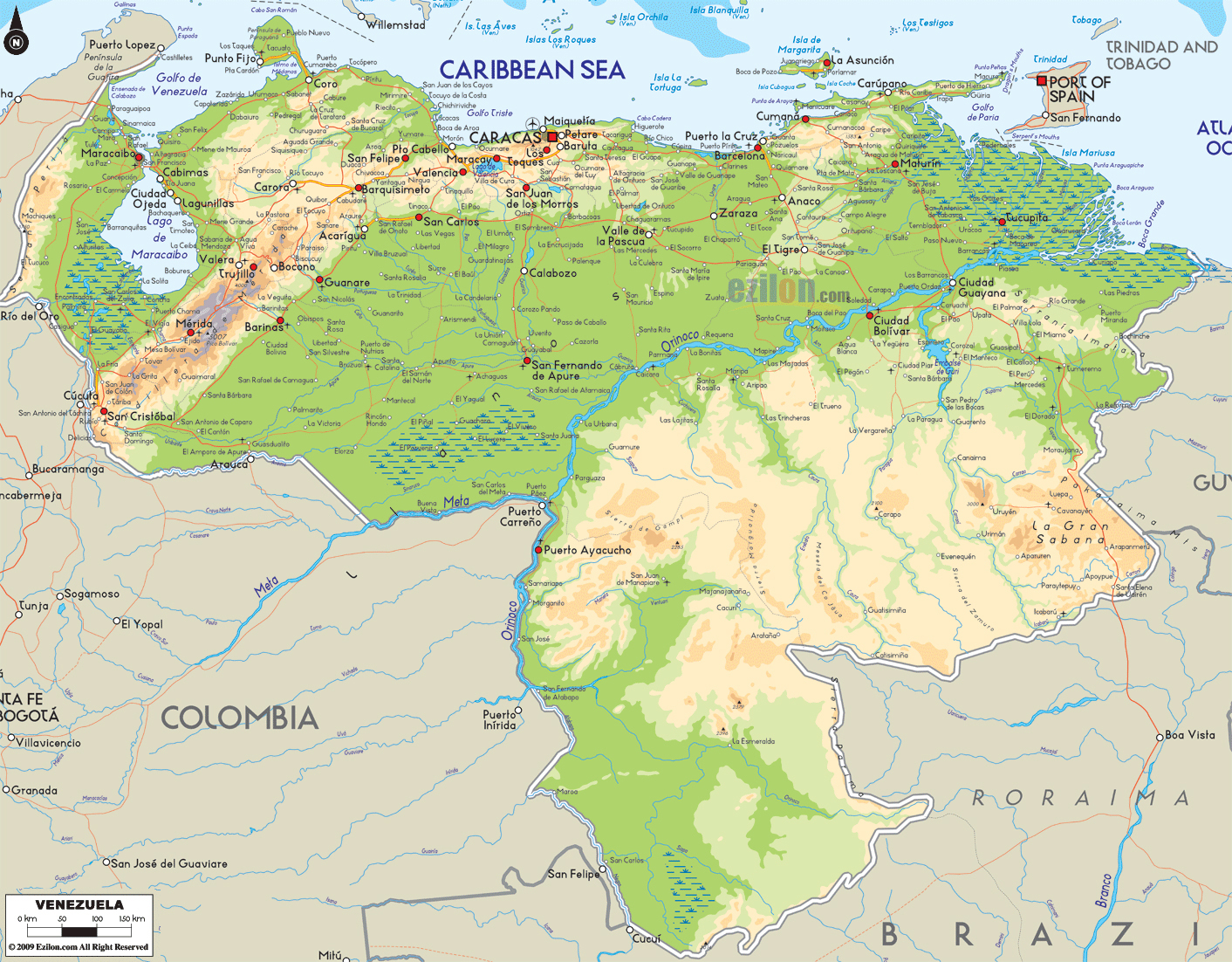

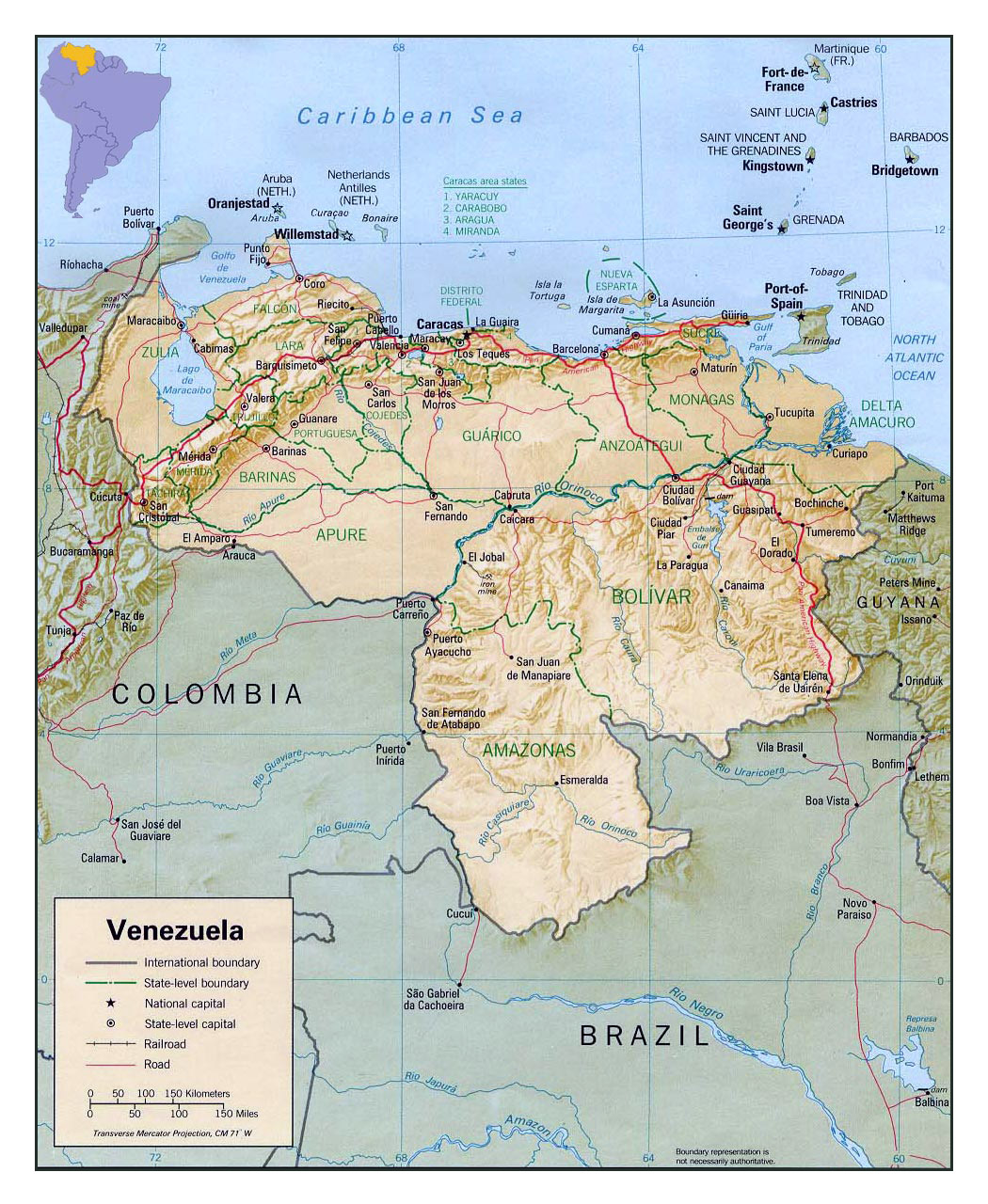
Closure
Thus, we hope this article has provided valuable insights into Navigating the Landscape of Venezuela: A Comprehensive Guide to Its Cities. We hope you find this article informative and beneficial. See you in our next article!